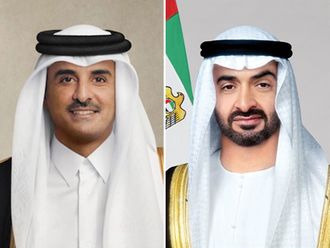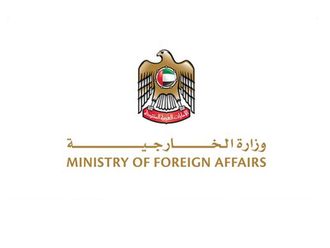Abu Dhabi: The GCC experience in Yemen is a model of the bloc’s capability to face Iran both militarily and politically, said Abdul Rahman Al Rashed, MBC Board Member, writer for the London-based Arabic daily Asharq Al Awsat.
“If we look at the military exercises in the Gulf, these activities reflect an increase in preparations to counter threats by Iran,” Al Rashed told the Abu Dhabi Strategic Debate yesterday.
Al Rashed argued the GCC asking for help from US is not a flaw, just like America is currently helping South Korea/Japan counter North Korea.
Commenting on Iran’s hegemony in the region in a tireless bid to gain more territory and economic influence, Al Rashed said the Helsinki model is good but there is no balance between two powers for it to be applied in 2016 in the region. “This could have been made possible if we had an agreement with the Nato in that regard”.
Dr Syed Hossein Mousavian, Middle East Security and Nuclear Policy Specialist at Princeton University and former diplomat, suggested an immediate broad discussion on security, politics, culture and sectarian solutions. “I would suggest the GCC ministers sit with their Iranian and Iraqi counterparts and invite the P5 representatives to establish working groups.”
Dr Michael Singh, managing director and Senior Fellow at the Washington Institute, said: “Over time, we have seen individual states of the GCC become strong partners of the United States It’s less clear that it has translated into the ability to act jointly; we are still at the beginning of such a phase. It’s also unclear that the GCC is engaging multilaterally with other alliances. For example, there isn’t enough engagement between the GCC and Nato.”
“Using the GCC+2 model [Jordan and Egypt] is recommended; it would be good to see a regional agenda to help address some of these deep problems taking place in the Arab world. I don’t see the GCC dependent from the US, but I see a robust partnership. Each state builds its institutional capacity,” Dr Singh added.
Singh said Iran is involved in Afghanistan, Lebanon, supporting Hamas, and suggests an attempt to increase its influence in the region. There is no doubt that there is no path for a Helsinki based model at the moment in the region.
Dr Sultan Al Nuaimi, an expert on Iranian affairs and faculty member of the University of Abu Dhabi, said when we talk about Iranians, we don’t mean the civilisation but the regime itself.
“The GCC is collaborating in the maritime and defence fields, and this is a result of a threat coming from Iran. The GCC countries are keen on achieving economic prosperity and stability but the military field empowerment is essential in face of the threat posed by Iran,” Dr Al Nuaimi explained.










